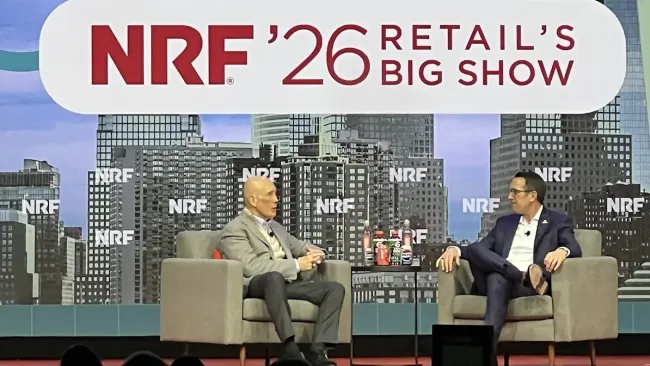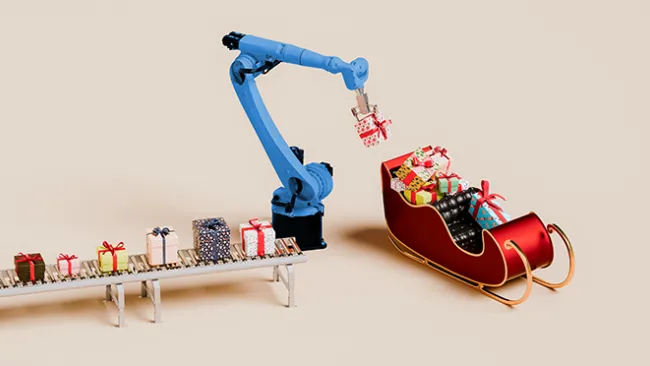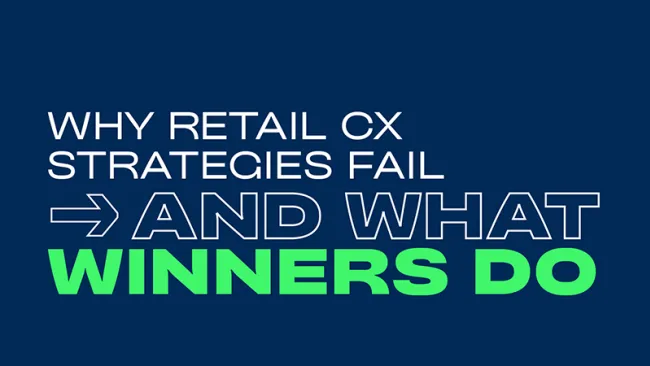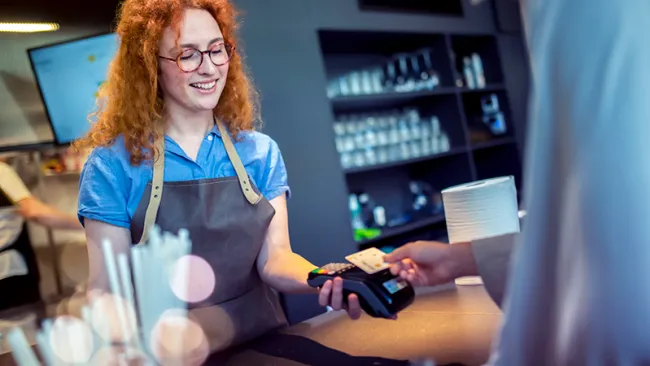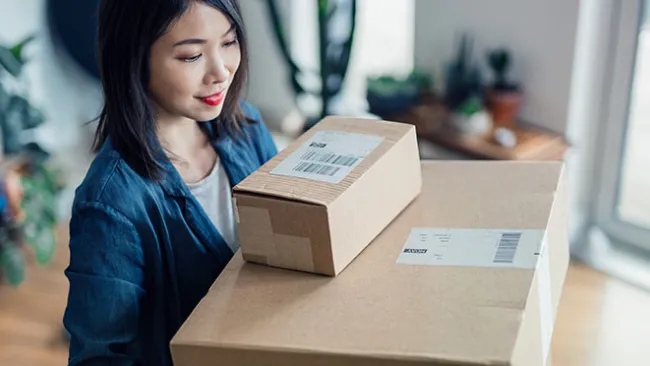It’s challenging for retailers to stand out from the crowd these days. So many stores offer the same or similar products, and it seems like new retailers are coming on to the scene nearly every day. How can you set yourself apart from a growing list of competitors?
To truly stand out, it’s vital to focus on more than just what you sell. How you sell it and the customer experience (CX) you deliver along the way is just as important as your products, if not more so. Customers expect you to meet their unique needs and provide a personalized experience that feels tailored just to them.
High-end retailers been specializing in this type of customized shopping experience for years, but it doesn’t have to be relegated to only luxury brands. With the right people, tools, and technology, every retailer can make their customers feel special.
Show you know your customers
There are three main types of experiences high-end retailers typically use to make customers feel like they’re the top priority, and every retailer can incorporate aspects of them into their own CX.
While these three terms are sometimes used interchangeably, there are nuanced differences among them.
- Years ago, white glove service meant an employee greeted shoppers at the door, literally wearing white gloves. Today it means providing a premium experience by going above and beyond for every customer with offerings like free alterations, gift wrapping, or instillation of large items – things that show you want customers to feel special.
- Luxury customer service focuses on a deep understanding of trust and knowledge. In luxury CX, the customer feels like the experience centers around them. Employees are ready to answer any question, in detail, about every feature of each and every product.
- Concierge service is more of a hand-holding approach, where employees really go through the shoppers’ journey with them. It can include things like offering a personal shopper, wardrobe styling, free consultations, and personalized product recommendations.
Focus on the customer journey
To deliver the types of experiences described above, it’s crucial to truly understand what your customers want and need. What’s the best way to find out? Ask them.
Collecting feedback from current customers is key. It gives you insights about what your customers struggle with and what frustrates them. With this information, you can focus on eliminating pain points and tailoring your CX to what you know your customers need.
Think of all the actionable insights you can glean from customer data: How do shoppers like to learn about new products? What are their buying habits? What channel do they prefer to shop in, or receive customer support via? These are things you need to know to create a highly personalized journey for customers.
There are various ways to collect this data, both through AI and your employees. Offering a rewards program or special offer to loyal customers, for instance, is only way to collect trackable intel while also encouraging loyalty.
Meet customers’ needs quickly
With increased competition, delivering anything but a pristine customer experience is fast becoming unacceptable. If you take too long to solve a problem or answer an inquiry, customers will take their dollars elsewhere.
Shoppers expect they’ll be able to reach your brand whenever they need to, so you need a strong omnichannel strategy. And when shoppers need help or an answer to a question, they want it fast, so associates must have the information they need at their fingertips and the skills to use it efficiently.
Intelligent automation can cut down on resolution times and make associates more productive. Automating certain tasks, especially ones that are repetitive or transactional, can free your associates up to focus on more-complex interactions that require a human touch.
Optimizing your workforce management, knowledge base, and back-office processes also make it easier for your associates to resolve customer inquiries faster.
Investing in chat and messaging is another way to speed resolution times while also cutting costs. More than half (52%) of customers prefer to shop from a business that provides live chat support, and 51% of online consumers said they’re more likely to make a digital purchase from a brand that offers live chat customer service, according to a Kayako study done for LiveChat.
Find the right partner
So many factors go into delivering a retail experience that feels high-end, it may seem tough to do without breaking the bank. This is especially true if you lack the necessary people, technology, and strategy in-house.
Working with an experienced CX outsourcing partner can help. An expert partner can help you examine and improve your customer journey, increase efficiencies, elevate your CX, and save money along the way.



